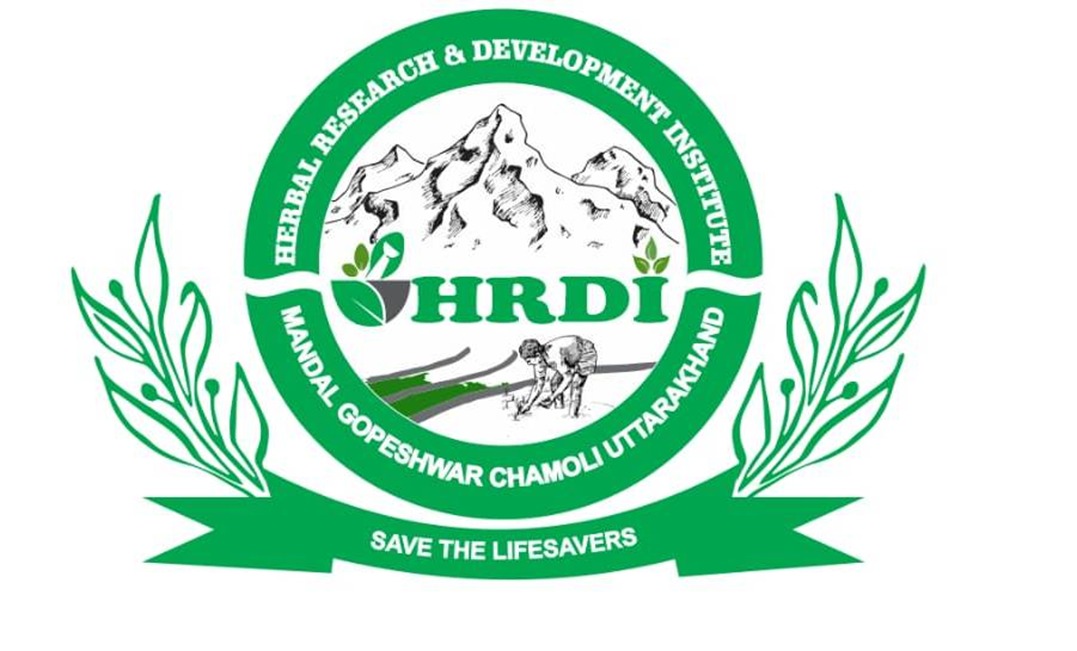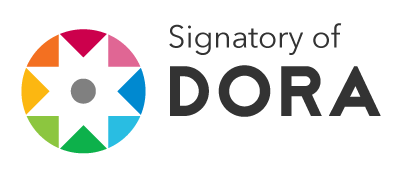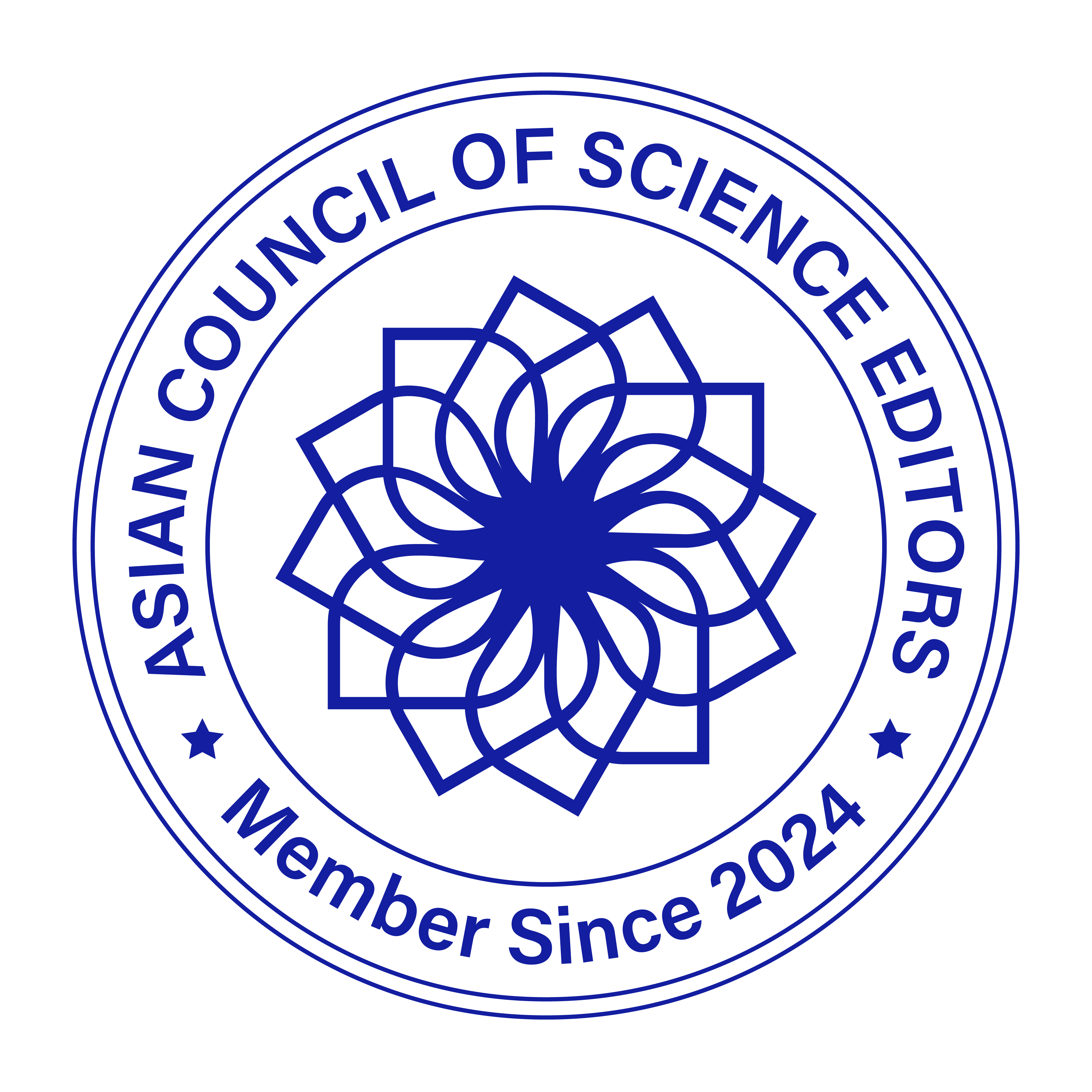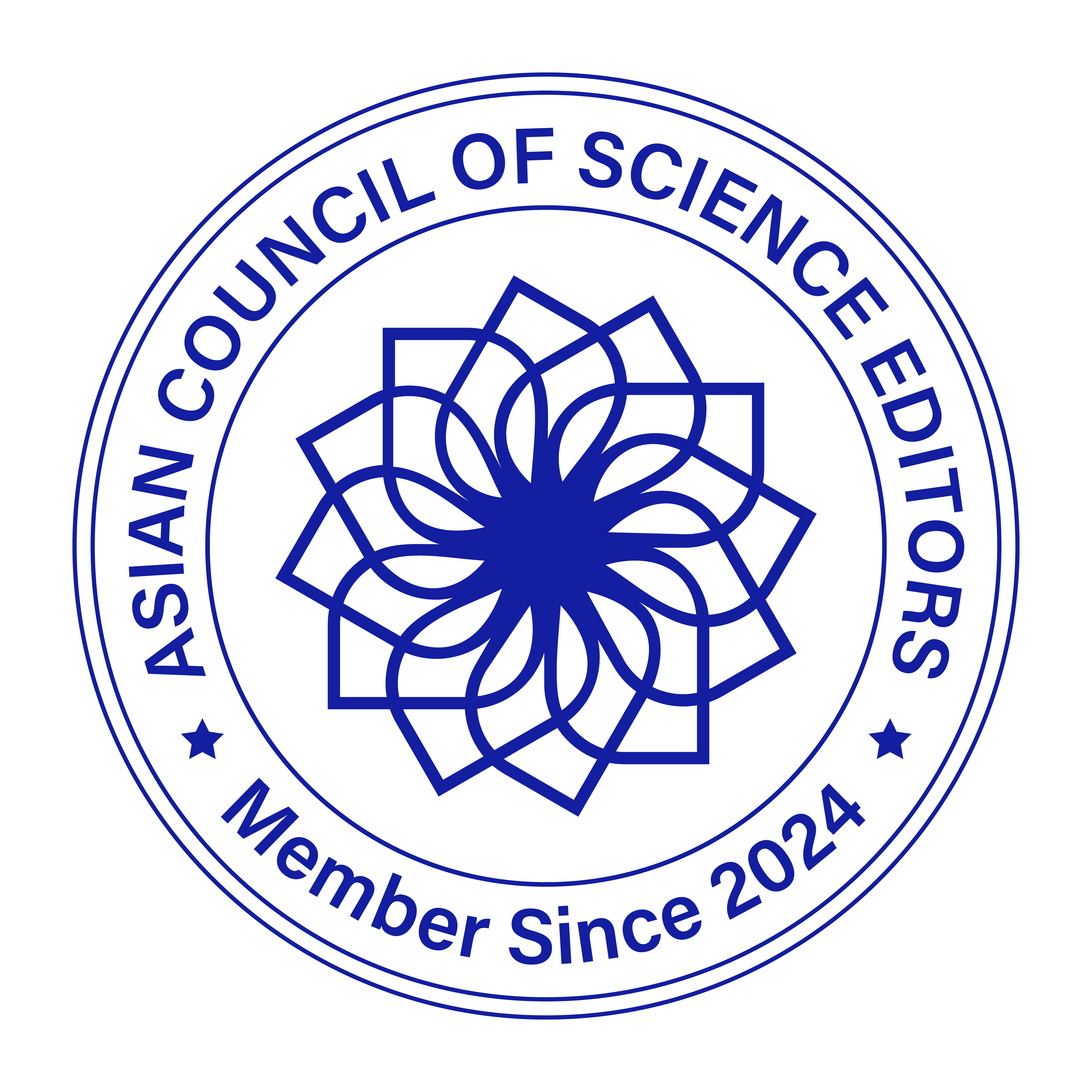3049-0677 (Online)
About the Journal
About the Journal
PhytoTalks is a peer-reviewed, open access scholarly journal dedicated to the publication of high-quality original research, review articles, and short communications in all areas of plant sciences.
The journal aims to promote interdisciplinary research and knowledge exchange among researchers, academicians, students, and professionals working in botany, plant biotechnology, ecology, agriculture, ethnobotany, and allied disciplines.
PhytoTalks particularly encourages research integrating indigenous knowledge systems, sustainability perspectives, and regionally relevant plant science innovations.
Aims and Scope
The scope of PhytoTalks includes, but is not limited to, the following areas:
- Plant Physiology and Biochemistry
- Plant Biotechnology and Molecular Biology
- Plant Ecology and Environmental Biology
- Ethnobotany and Traditional Plant Knowledge
- Agricultural and Horticultural Sciences
- Plant Taxonomy, Biodiversity, and Conservation
The journal publishes original research articles, review papers, and short communications of scientific merit.
Peer Review Policy
PhytoTalks follows a double-blind peer review process to ensure impartiality and academic integrity.
Peer Review Process
- Initial screening by the Editor-in-Chief for scope, originality, and ethical compliance.
- Plagiarism screening using standard similarity-detection software.
- Double-blind review by at least two independent subject experts.
- Editorial decision based on reviewers’ recommendations.
- Revision (if required) and final acceptance.
The average review period is approximately 4–6 weeks. Editorial decisions are final.
Editorial Board
Editor-in-Chief
Prof. (Dr.) Afroz Alam
Professor of Botany
Department of Bioscience and Biotechnology
Banasthali Vidyapith, Rajasthan, India
Expertise: Bryophytes, Plant Systematics, Plant Physiology, Ecology, Ethnobotany, Biodiversity
Email: [email protected]; [email protected]
Institutional Profile | ResearchGate | Google Scholar
Editorial Board Members
Publication Ethics and Malpractice Statement
PhytoTalks adheres to the ethical guidelines of the Committee on Publication Ethics (COPE).
Authors’ Responsibilities
- Submission of original and unpublished work
- Proper citation of sources
- Disclosure of conflicts of interest
Reviewers’ Responsibilities
- Confidential handling of manuscripts
- Objective and constructive evaluation
Editors’ Responsibilities
- Fair and unbiased decision-making
- Maintenance of editorial independence
Retraction and Correction Policy
Articles may be retracted or corrected in cases of plagiarism, data fabrication, ethical misconduct, or significant errors affecting the reliability of the work.
Retracted articles will remain online with a clear retraction notice linked to the original article.
Open Access Policy
PhytoTalks provides immediate open access to its content on the principle that making research freely available supports a greater global exchange of knowledge.
No embargo period is applied.
Copyright and Licensing
All articles published in PhytoTalks are licensed under the Creative Commons Attribution-NonCommercial 4.0 International (CC BY-NC 4.0) license.
Authors retain copyright and grant the journal the right of first publication.
Article Processing Charges
PhytoTalks charges an Article Processing Charge (APC) to cover editorial and publishing costs.
No submission or review fees are charged. APCs do not influence editorial decisions. Waivers may be granted in deserving cases.
Publication Frequency
PhytoTalks is published on a quarterly basis, with four issues released annually.
Archiving and Preservation
All published content is digitally preserved through the PKP Preservation Network (PKP PN), ensuring long-term accessibility.
Ownership and Governance
PhytoTalks is published by Safavid-e-Publishers, India.
The publisher does not interfere in editorial decision-making. All editorial decisions are taken independently by the editorial board.
Contact Information
Publisher: Safavid-e-Publishers
Address: Lucknow–226001, Uttar Pradesh, India
Email: [email protected]; [email protected]; [email protected]


![Announcement: Special Conference Issue of Phytotalks We are pleased to announce that Phytotalks will publish a special issue featuring select peer-reviewed papers from the Third International Conference on Plant Functional Biology, an esteemed international gathering of experts in Plant Science]. This special issue will highlight cutting-edge research and innovative developments presented at the conference, offering our readers valuable insights into the latest advancements in the field. Stay tuned for this upcoming edition, which reflects our continued commitment to showcasing high-quality, impactful research.](https://phytotalks.com/public/site/images/afrozalam/img-20250701-wa0010.jpg)





































